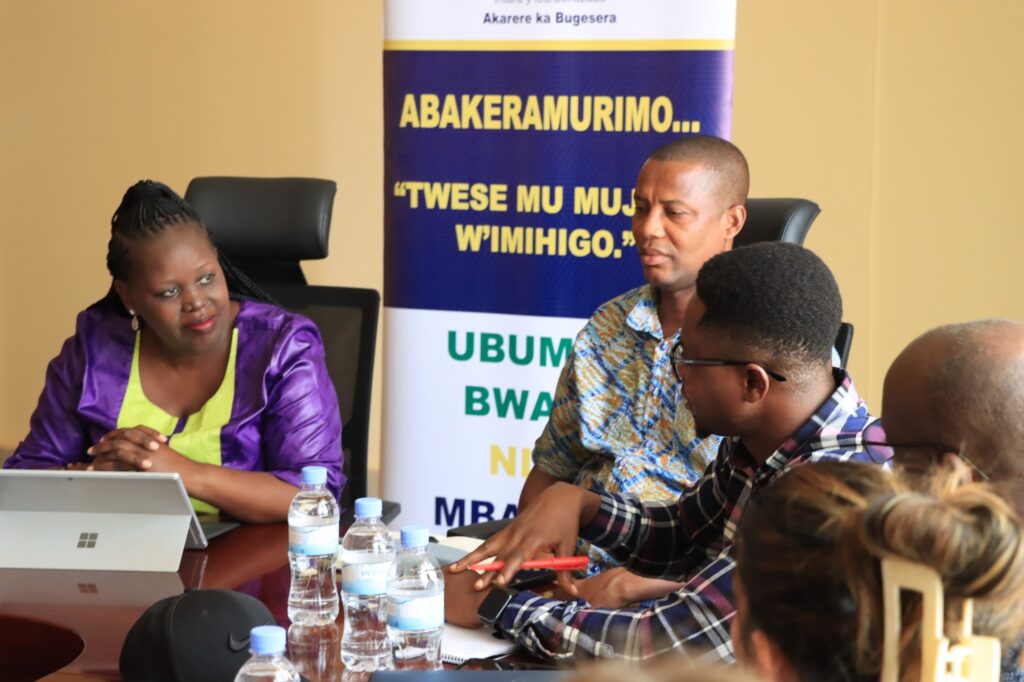Stronger Together: Leaders from Ghana and Rwanda Exchange Knowledge, Approaches to Strengthening Primary Health Care Systems
Stronger Together: Leaders from Ghana and Rwanda Exchange Knowledge, Approaches to Strengthening Primary Health Care Systems

In a remarkable exchange of knowledge and experience, 30 health leaders from Rwanda and Ghana gathered in Rwanda for a cross-country learning workshop hosted by the MSH-led PHC Performance Management Activity, supported by the Gates Foundation. The event brought together District Health Management Teams (DHMTs) from Bugesera and Gicumbi in Rwanda, as well as Akwapim South and North Tongu in Ghana, to foster a culture of data-driven decision-making, continuous learning, and collaboration in primary health care (PHC) performance.
The four-day workshop began with a site visit to Bugesera District, where the Ghana delegation engaged with the DHMT and the Vice Mayor to discuss governance structures, health system challenges, and Rwanda’s community-based health insurance model. At Mayange Health Center, Rwanda’s Community Health Workers shared their vital role in delivering primary care to communities.

As the learning exchanges progressed, district teams reflected on their PHC performance management journeys—the evolution of DHMT activities since the project’s inception, lessons learned, and areas for improvement. Discussions highlighted their experience with the PHC Leadership Development Program (LDP), the value of community-driven solutions, and the importance of translating data into action.
A highlight of the workshop was the focus on sustainability and long-term impact. The teams outlined roadmaps for the next phase, emphasizing strategies for optimizing resources, advocating for continued direct DHMT funding, and scaling best practices beyond the project.
Dr. Moses Ahabwe, a partner from Building Systems for Health (BSH), offered a key reflection that summed up the power of leadership: “Through project implementation, DHMTs learned that at least 60% of DHMT challenges can be addressed by DHMTs themselves through realigning and planning accordingly. Fifteen percent require support from the Ministry of Health, mostly for policy-related changes, while funding and resource constraints need more engagement with district councils. If we can efficiently handle over 60% of our responsibilities at the DHMT level, the rest will fall into place over time.”
The workshop reinforced that collaboration, continuous learning, and adaptive leadership are critical for building stronger, more resilient PHC systems. By learning from one another and leveraging existing resources, DHMTs can drive lasting improvements in health service delivery, keeping communities at the center of PHC transformation.
